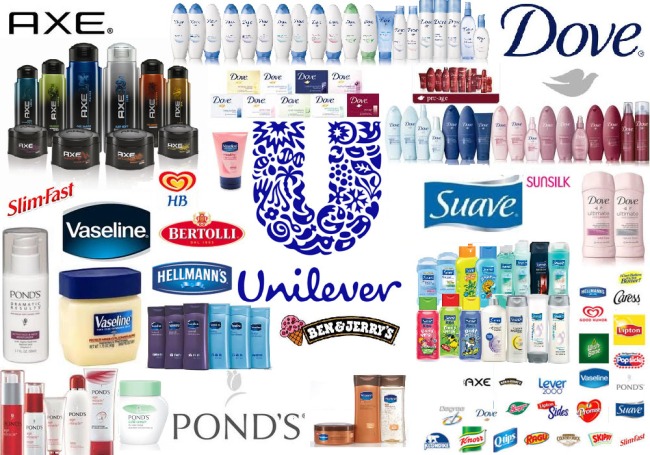SHOCKING HISTORY: UNILEVER EXPOSED.
If you have used brands like Pepsodent, Close Up, Vim, Omo detergent, Knorr, Glen Tea, Lipton, pond’s, Dove, Handy Andy, Shield deodorants, Lux soaps, Joko Tea, Vaseline, Sunlight and Robertsons then you must have patronized Africa’s secret economic colonial conspirators.
All through the 19th century, palm oil was highly sought-after by the British, for use as an industrial lubricant for machinery. Remember that Britain was the world’s first industrialised nation, so they needed resources such as palm oil to maintain that.
Palm oil of course, is a tropical plant, which is native to the Niger Delta. Malaysia’s dominance came a century later.
By 1870, palm oil had replaced slaves as the main export of the Niger Delta, the area which was once known as the Slave Coast. At first, most of the trade in the oil palm was uncoordinated, with natives selling to those who gave them the best deals. Native chiefs such as former slave, Jaja of Opobo became immensely wealthy because of oil palm. With wealth comes influence.
However, among the Europeans, there was competition for who would get preferential access to the lucrative oil palm trade. In 1879, George Goldie (1846 – 1925, pictured above) formed the United African Company, which was modeled on the former East India Company. Goldie effectively took control of the Lower Niger River. By 1884, his company had 30 trading posts along the Lower Niger. This monopoly gave the British a strong hand against the French and Germans in the 1884 Berlin Conference. The British got the area that the UAC operated in, included in their sphere of influence after the Berlin Conference.
When the Brits got the terms they wanted from other Europeans, they began to deal with the African chiefs. Within two years of 1886, Goldie had signed treaties with tribal chiefs along the Benue and Niger Rivers whilst also penetrating inland. This move inland was against the spirit of verbal agreements that had been made to restrict the organization’s activities to coastal regions.
By 1886, the company name changed to “The National Africa Company” and was granted a royal charter (incorporated). The charter authorized the company to administer the Niger Delta and all lands around the banks of the Benue and Niger Rivers. Soon after, the company was again renamed. The new name was “Royal Niger Company”, then Lever Brothers which later survives, as Unilever, till this day.
Unilever has committed several corporate crimes against Africa since the inception of its operations in Africa which includes their collaboration with oppressive regimes, promoting consumerism and environmental pollution among several others. Unilever has the least community-development agenda for its host nations.

